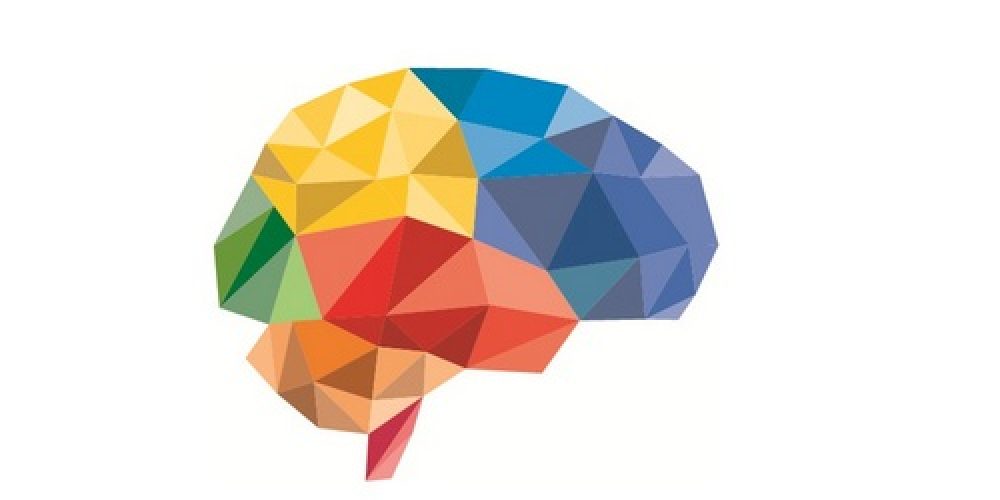According to the World Health Organization, stress is a significant problem of our times and affects both physical as well as the mental health of people. Stress is defined as a situation where the organism‘s homeostasis is threatened or the organism perceives a situation as threatening. Stress coping methods are the cognitive, behavioral and psychological efforts to deal with stress. After a thorough literature review some of the following techniques were identified: Transcendental meditation, cognitive behavioral therapy and mindfulness-based stress reduction.
Life exists through the maintenance of a complex dynamic equilibrium, termed homeostasis, that is constantly challenged by internal or external adverse forces, termed stressors, which can be emotional or physical in nature. Thus, stress is defined as a state of threatened or perceived by the individual as threatened homeostasis and it is re-established by a complex repertoire of behavioural and physiologic adaptive responses of the organism.
Evidence-based stress management techniques
Transcendental Meditation ™
History: The TM technique, a simple, psychophysiological stress reduction procedure, was introduced to the West by Maharishi Mahesh Yogi, a scholar of the ancient Vedic tradition of India.
Method/Pathophysiology: The TM technique is simple and easily learned, requiring to be practiced for 20 minutes twice daily while sitting with eyes closed and repeating a mantra, a meaningless sequence of sounds specific to each individual, to promote a natural shift of awareness to a wakeful but deeply restful state. TM is not a religion or philosophy and is taught through a seven-step course of instruction by a certified TM teacher. During the TM practice, a reduction in mental and physical activity occurs and that is the result of the individual‘s experience of a mental state called transcendental consciousness, which is different from usual waking, dreaming, or sleep states. This experience is deemed responsible for the restoration of normal function of various bodily systems, especially those involved in adapting to environmental stressors or challenges.
Results/Benefits: The TM technique appears to be distinctively effective in modifying several clinically relevant physiological and psychological outcomes in different disorders. There is substantial evidence indicating that psychological stress contributes to hypertension and cardiovascular disease and that TM can lower blood pressure.
Clinical effects of TM impact a broad spectrum of physical and psychological symptoms and syndromes, including:
- reduced anxiety, pain, and depression
- enhanced mood and self-esteem
- decreased stress, and
- faster recovery from stress
Mindfulness-Based Stress Reduction (MBSR)
Origins: MBSR was pioneered by Jon Kabat-Zinn, Ph.D. and assisted by Saki Santorelli, Ph.D. and colleagues in 1979 at the University Of Massachusetts Medical Center. MBSR classes are usually taught by physicians, nurses, social workers, and psychologists, who are seeking to reclaim and deepen some of the unique reciprocity inherent in the doctor-caregiver/patient-client relationship.
Method/Pathophysiology: MBSR is a structured 8-week group program employing mindfulness meditation in order to alleviate mental and physical suffering, associated with physical, psychosomatic and psychiatric disorders. MBSR is not a religion or dogma and is based upon a systematic procedure to develop enhanced awareness of moment-to-moment experience of one‘s own mental process.
Results/Benefits: MBSR has been used successfully on mood and cardiovascular variables, it can control severe headaches, it helps reduce stress in patients with aneurismal haemorrhage and is effective for anxiety and depression in individuals and groups.


